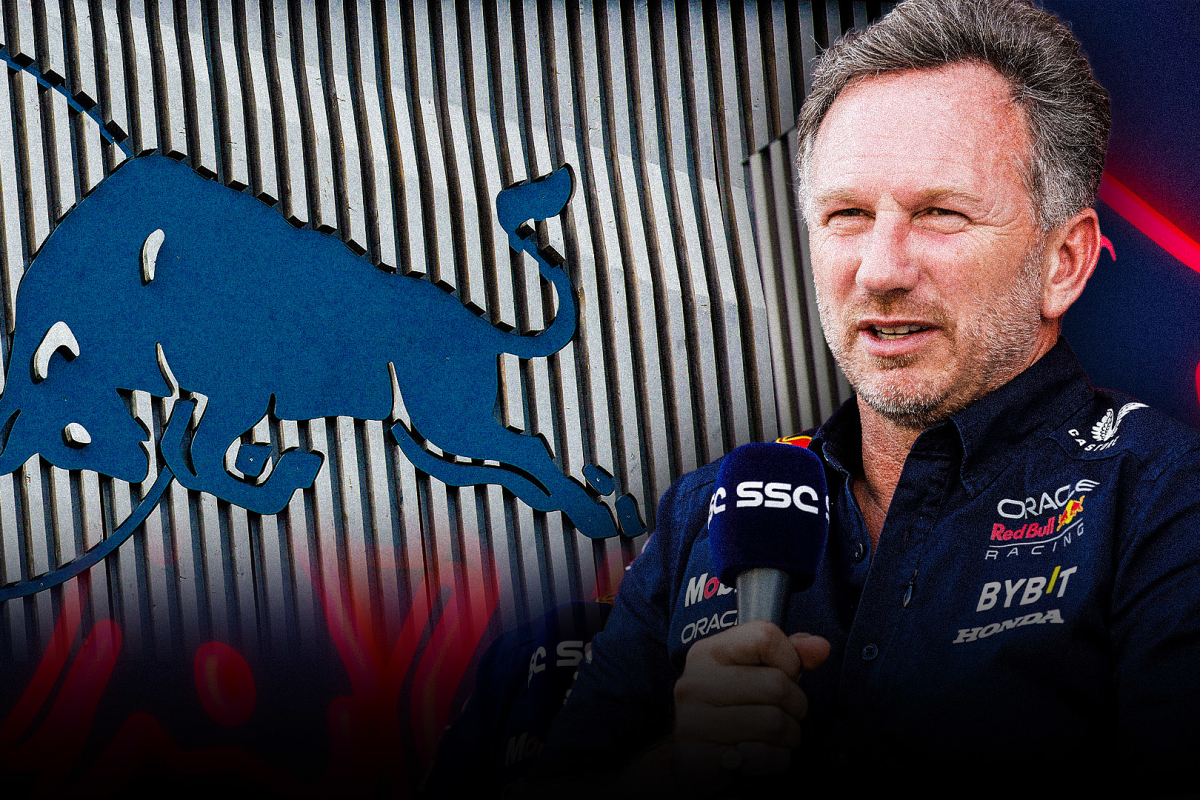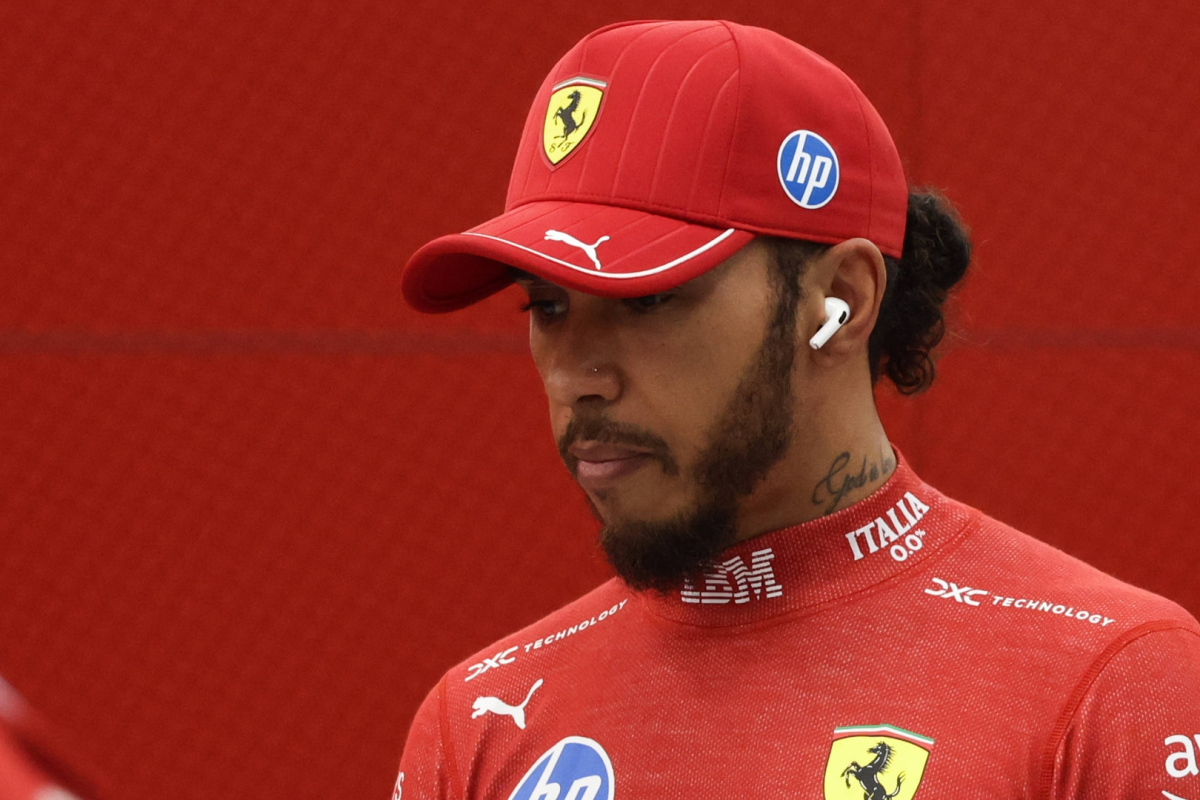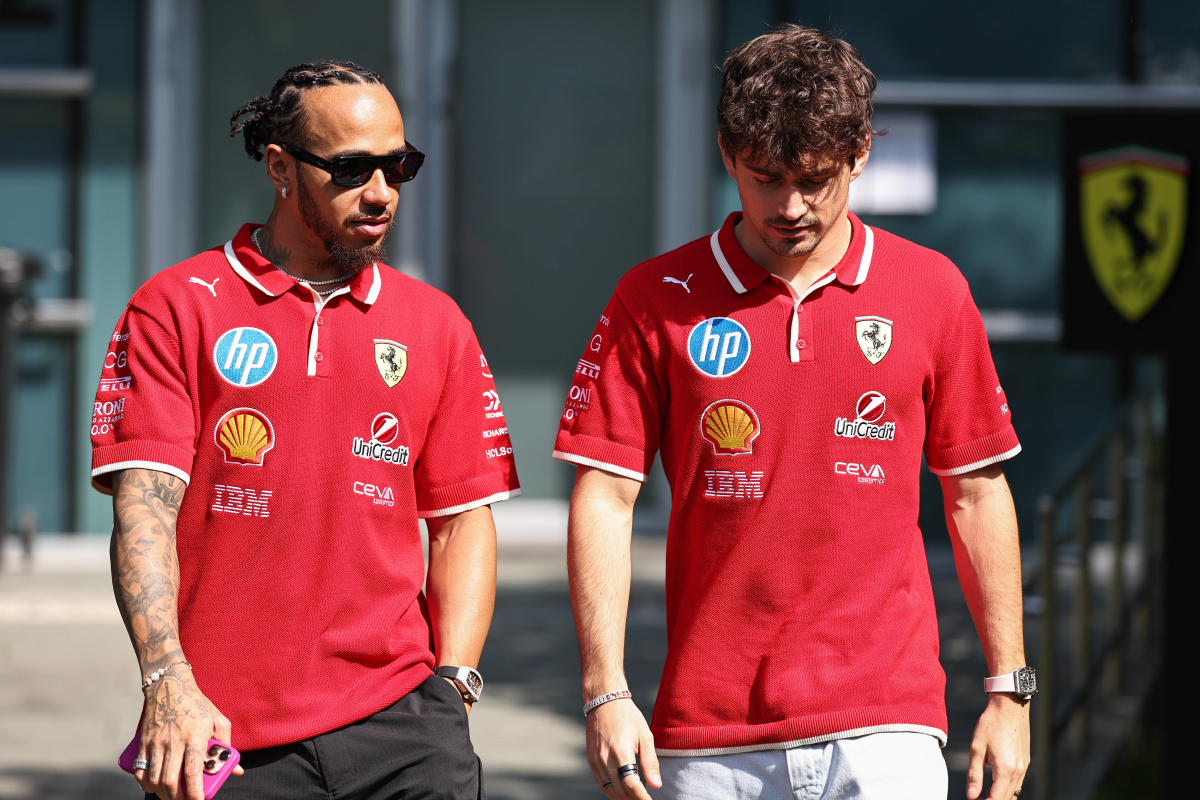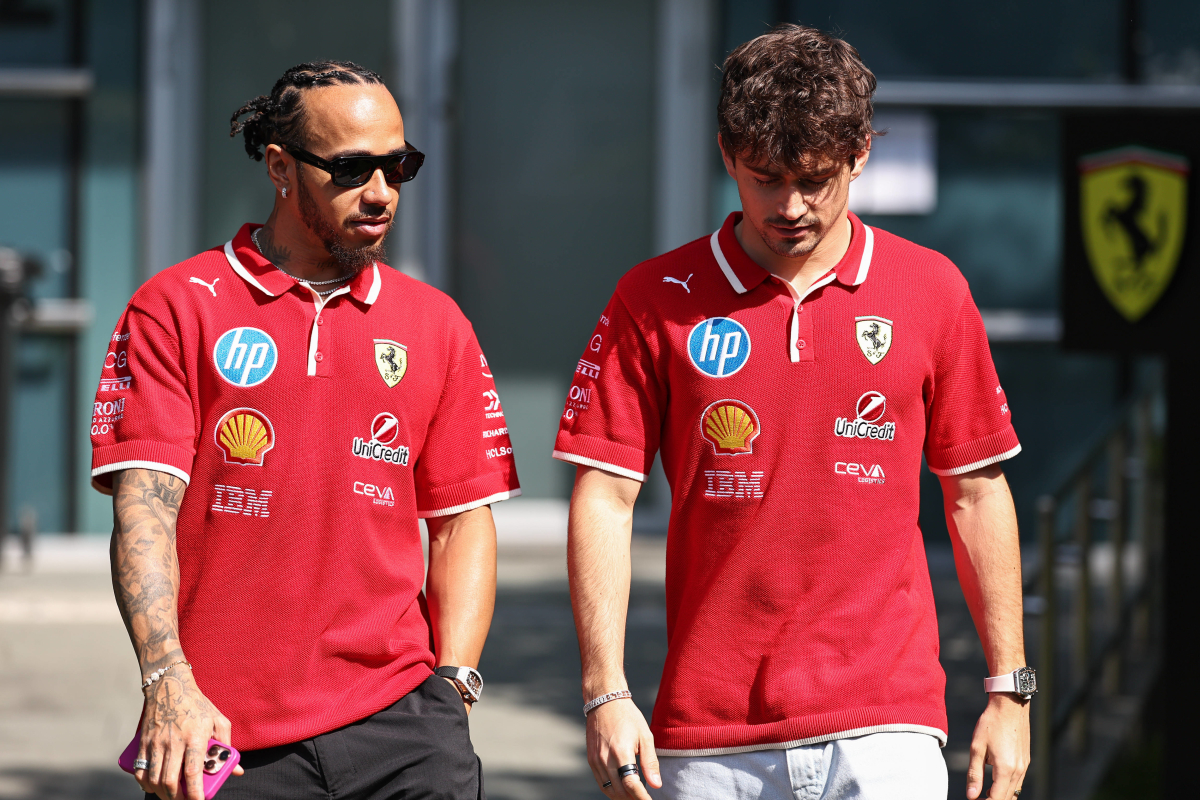Red Bull’s Power Shift: Horner Reflects on Honda Era as…read
The world of Formula 1 is set for a seismic shift as Red Bull prepares to part ways with Honda at the conclusion of the 2025 season. Team principal Christian Horner has reflected on this transition, calling it the end of one remarkable chapter and the beginning of an exciting new era as Red Bull Powertrains joins forces with Ford.
The End of a Successful Collaboration
Honda first became Red Bull’s power unit supplier in 2019 after their tumultuous partnership with McLaren ended. From the moment the two joined forces, Red Bull and Honda experienced tremendous success, securing four drivers’ championships and two constructors’ championships. Their alliance proved to be a masterstroke, particularly with Max Verstappen’s dominance in recent seasons.
However, despite their triumphs, Honda made the decision to withdraw from Formula 1 at the end of 2021. While their departure seemed imminent, a unique agreement allowed them to continue supplying Red Bull’s power units until the end of 2025. That collaboration will finally come to a close next season, as Honda transitions into their next venture—partnering with Aston Martin as their works engine supplier from 2026 onwards.
A New Powerhouse Partnership with Ford
As Honda steps away, Red Bull has taken matters into its own hands. In a strategic move, Red Bull Powertrains will officially enter the scene in 2026, backed by a major partnership with Ford. This transition aligns with Formula 1’s shift towards sustainable engine technology, as new regulations place a stronger emphasis on electrification and eco-friendly fuel solutions.
Speaking during the Chinese Grand Prix weekend, Horner acknowledged Honda’s contribution while expressing enthusiasm for the future: “Honda is a great racing organization. We’ve had a wonderful relationship since they obviously stepped away from McLaren and joined with us in 2019.”
Although Honda’s exit marks the end of a golden era for Red Bull, Horner emphasized that their partnership had laid a strong foundation for what comes next. “We’ve achieved incredible things together, and I think when we look back at this era, it will always be one of great success. But now, we look ahead. The next chapter is about Red Bull Powertrains and Ford, and we are fully committed to making it a winning combination.”
The Road to 2026: Red Bull’s Powertrain Progress
The transition from Honda to Red Bull Powertrains with Ford is not just a branding exercise—it represents a significant engineering challenge. Red Bull is investing heavily in building its own power unit from scratch, a move that will make them one of the few teams to develop both their chassis and engine in-house.
Horner provided insights into the progress of Red Bull Powertrains, reassuring fans and stakeholders that the project is well underway. “We’ve been working tirelessly behind the scenes to ensure we are ready for 2026. Developing an F1 engine from scratch is no small feat, but we have an incredibly talented team working on this project. Ford’s expertise in hybrid technology and electrification will be invaluable in achieving our goals.”
While the shift to in-house power units carries inherent risks, Red Bull is confident in its ability to remain competitive. The team’s recent dominance in the championship, coupled with Ford’s vast experience in motorsport engineering, positions them well to continue their reign at the top of Formula 1.
A Competitive Landscape in 2026
Red Bull’s transition comes amid a broader shake-up in the Formula 1 power unit landscape. With Honda reuniting with Aston Martin, Mercedes continuing its legendary legacy, Ferrari pushing the boundaries of performance, and Audi entering the fray, competition in 2026 will be fiercer than ever. The new regulations, which emphasize sustainability, will demand innovation from all teams, setting the stage for an exciting new era in the sport.
For Red Bull, the journey with Honda has been one of triumph, resilience, and teamwork. As the team bids farewell to one of the most successful collaborations in its history, all eyes are now on the future. With Ford as their new partner and a self-sufficient powertrain operation in full swing, Red Bull is not just adapting to change—it is embracing it head-on.
Looking Ahead
As Formula 1 continues to evolve, Red Bull’s decision to take control of its power unit development signifies a bold step forward. While questions remain about how smoothly this transition will unfold, one thing is certain—Red Bull is not shying away from the challenge.
With their sights set on continued dominance and a new powertrain era just around the corner, the team is gearing up for an exhilarating future. The end of the Honda era marks a pivotal moment, but for Red Bull, it’s not just about saying goodbye—it’s about charging ahead into a new age of Formula 1 supremacy.




